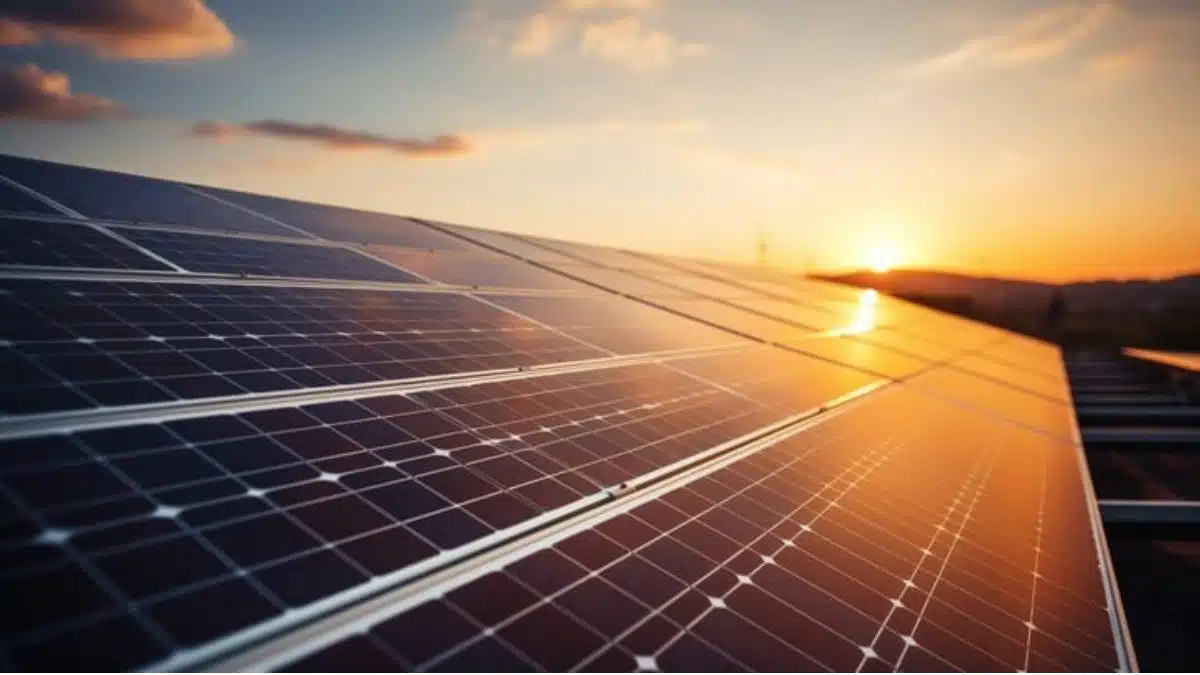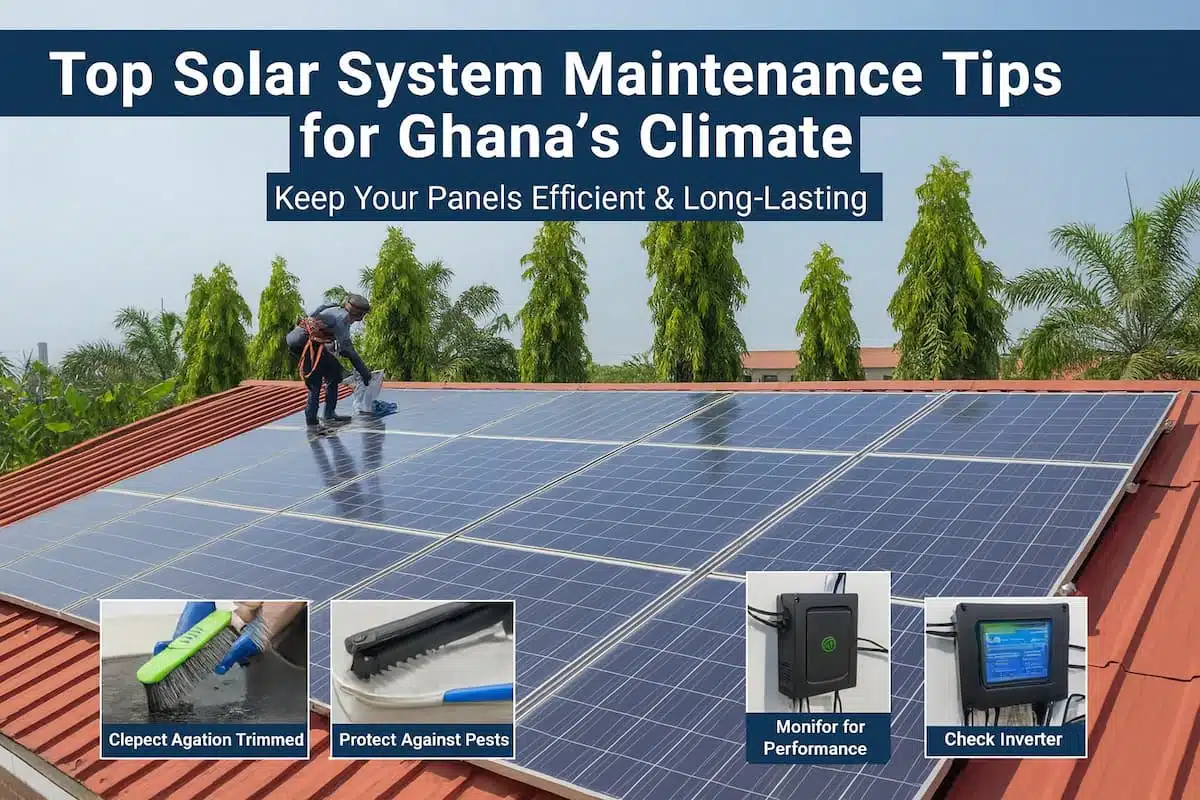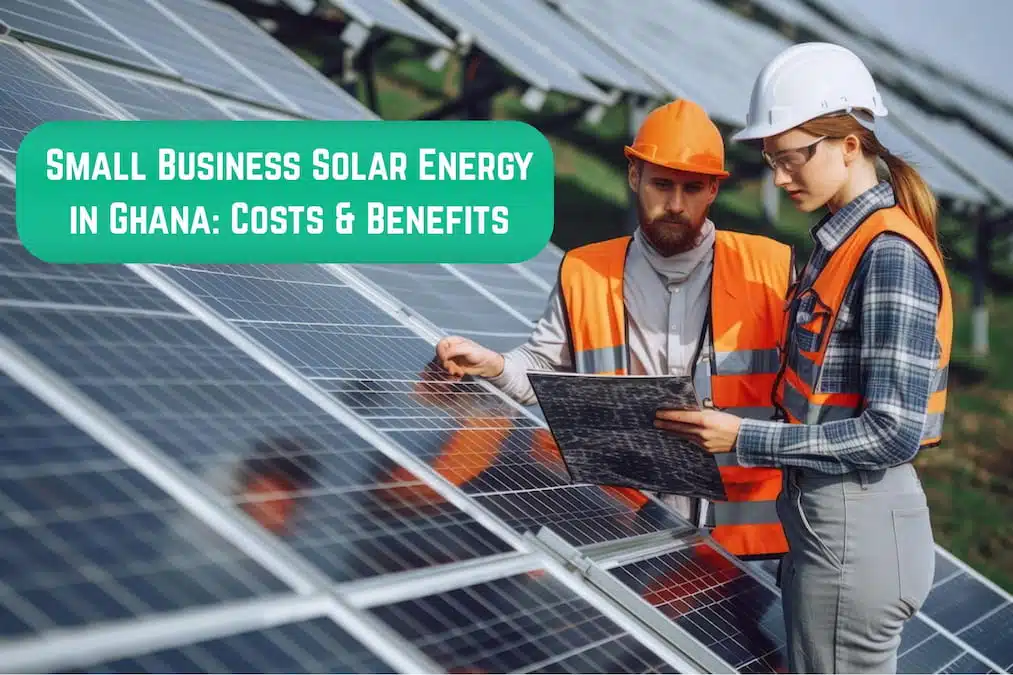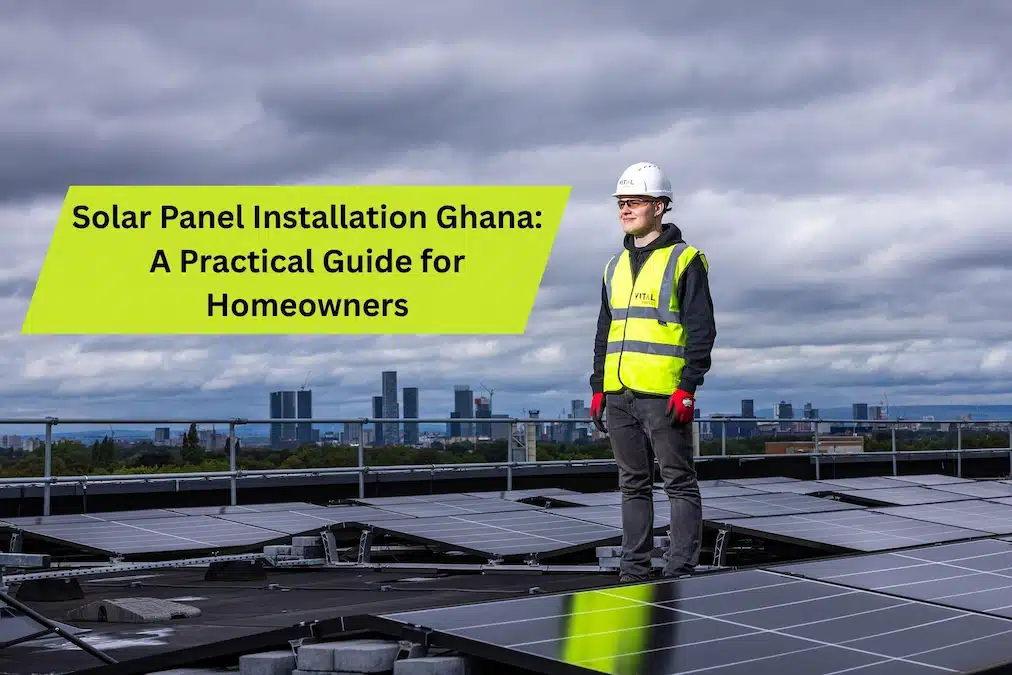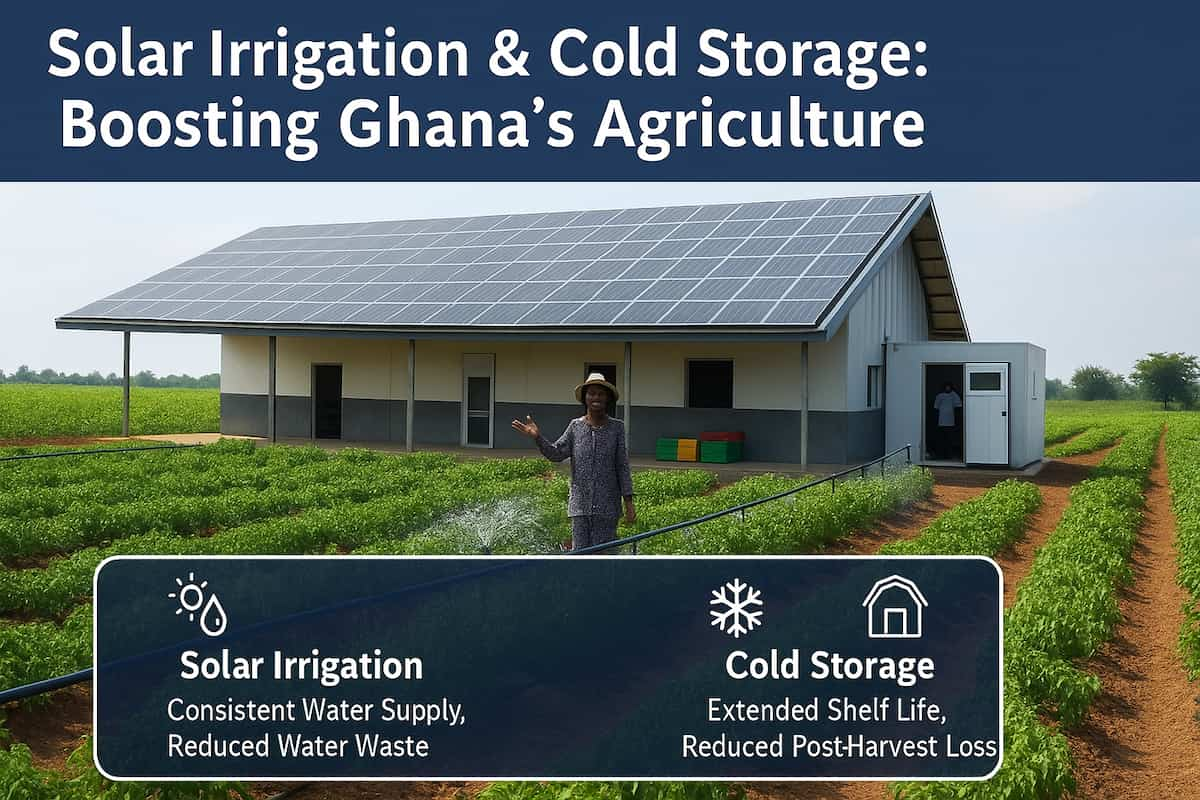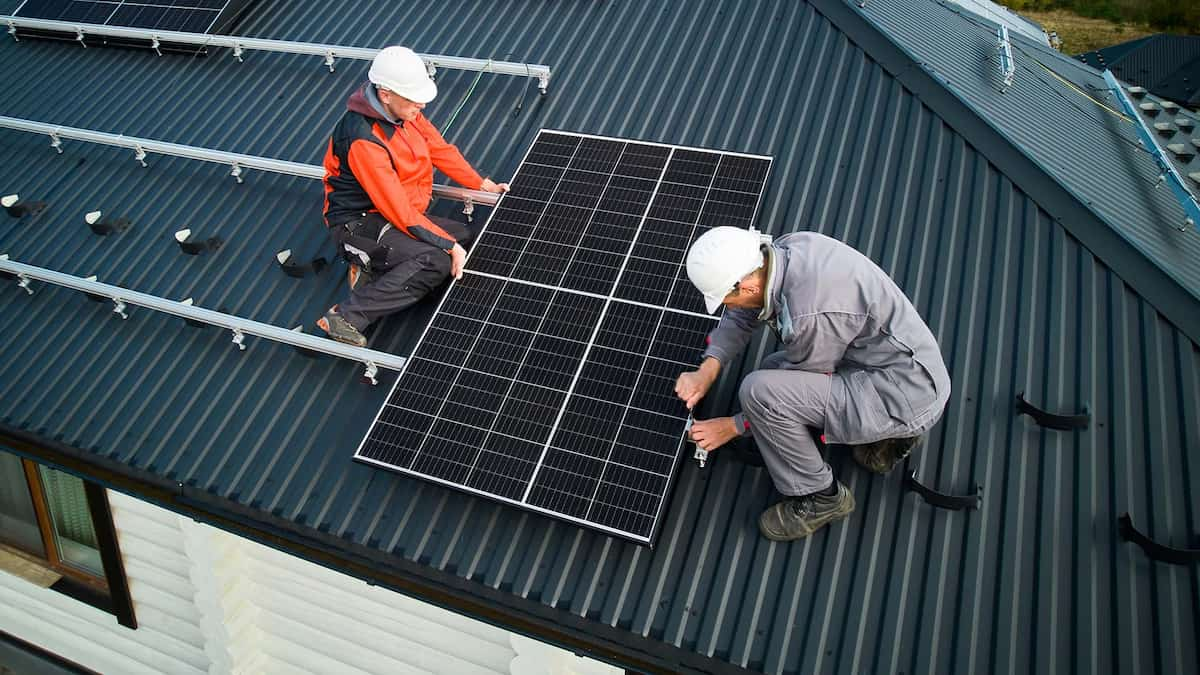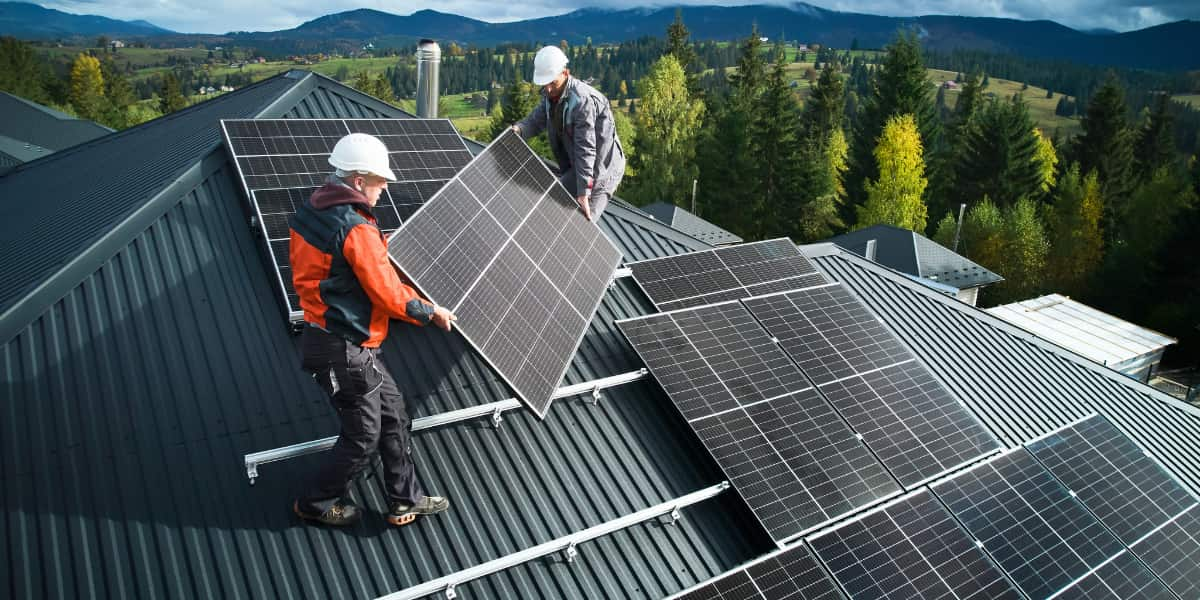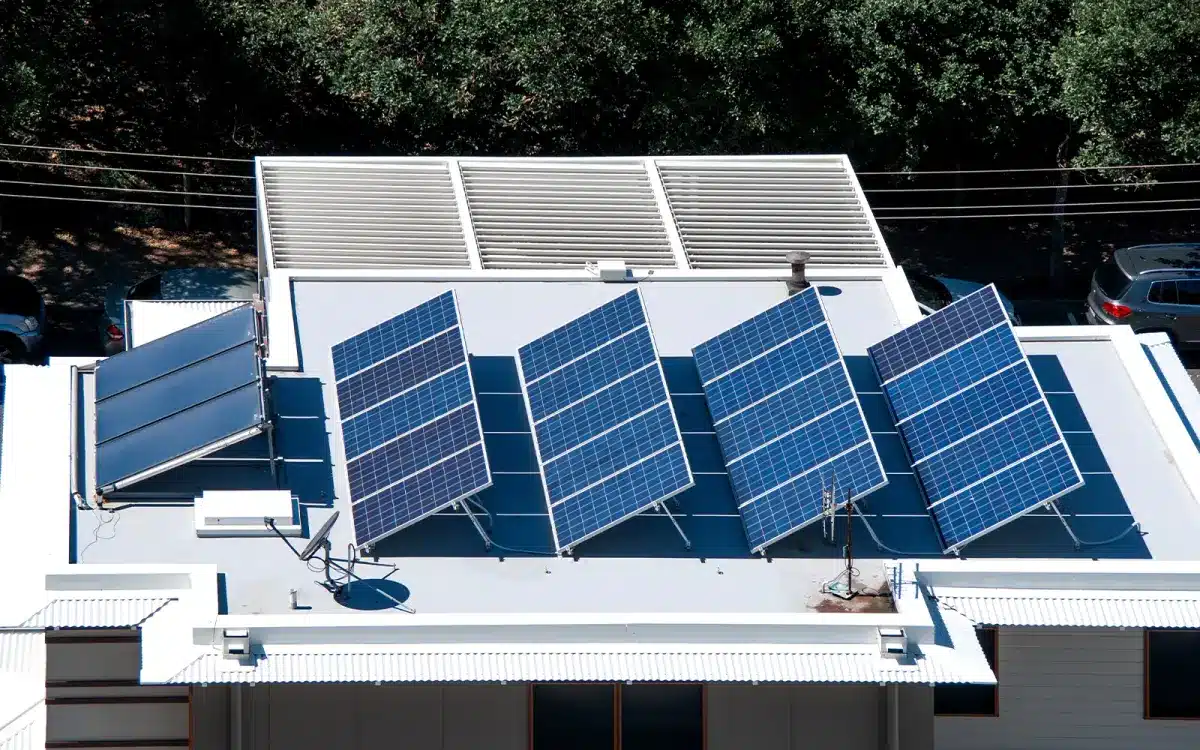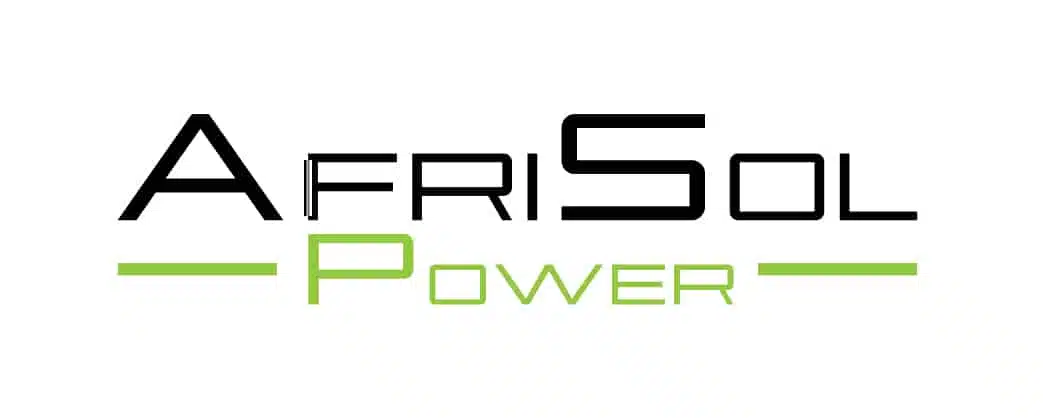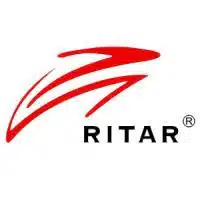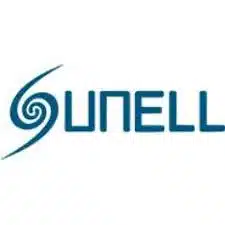Blogs
Solar System Troubleshooting in Ghana: Top Tips to Fix
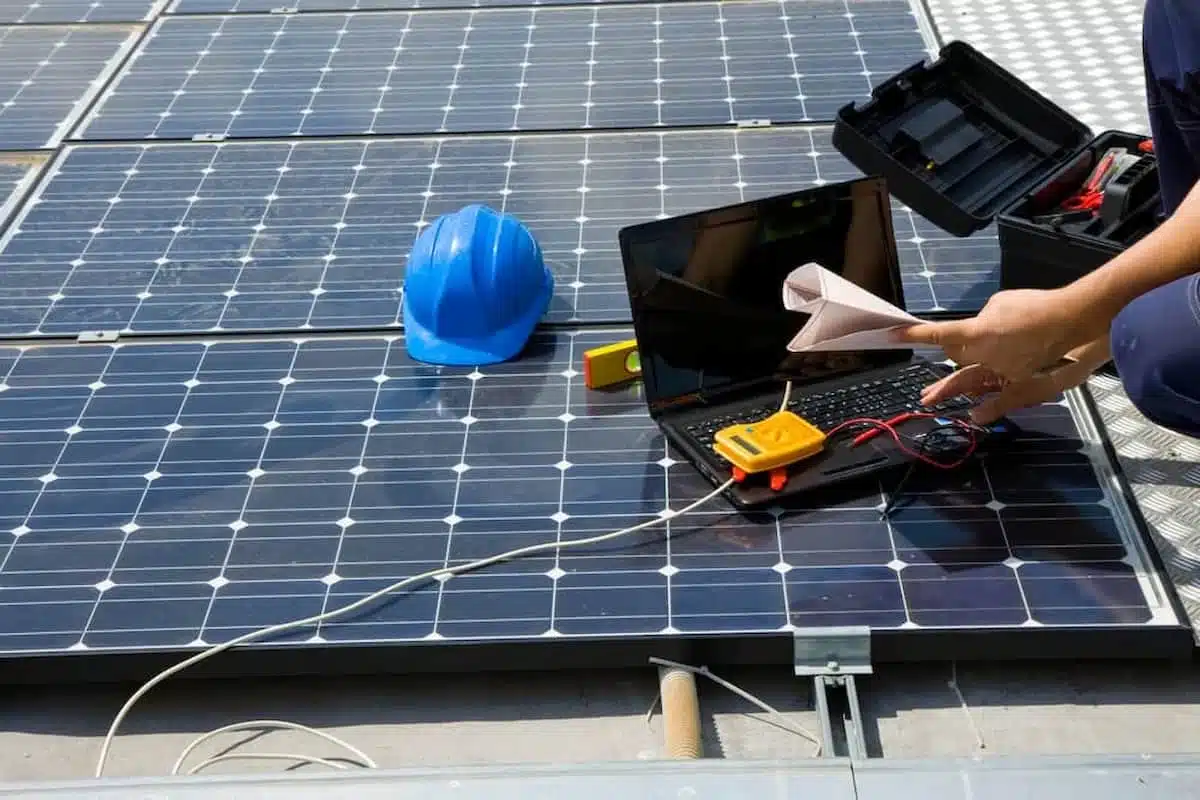
Solar system troubleshooting in Ghana is crucial when unexpected issues disrupt your home’s energy. Imagine investing in solar, expecting seamless power—only to face flickering lights or low performance. Frustrating, right?
Solar power is an incredible way to harness the sun’s energy, but like any other technology, it can run into issues. Maybe your panels aren’t generating enough power, or perhaps there’s an annoying flicker in your lights. These issues can be baffling, especially when you’re not sure where to start troubleshooting.
But don’t worry—you’re not alone. In this guide, we’ll walk you through common solar system problems you might face in Ghana and how to fix them. By the end of this read, you’ll feel more confident and equipped to tackle these challenges head-on, ensuring your home stays powered and your investment pays off. Ready to get your solar system back on track? Let’s dive in!
Common Solar System Issues
Solar systems in Ghana face unique challenges. Common issues can disrupt performance. Understanding these problems helps maintain efficiency. Solar system troubleshooting in Ghana is key to addressing these challenges early. Timely troubleshooting ensures system longevity. Below, discover common solar system issues.
Power Output Fluctuations
Fluctuating power output can be frustrating. Dust and dirt on panels reduce efficiency. Regular cleaning improves performance. Shading from trees affects power generation. Trim nearby branches to boost output. Check panel alignment regularly. Ensure optimal sunlight exposure.
Inverter Malfunctions
Inverter issues impact power conversion. Faulty wiring can cause malfunctions. Inspect connections for wear and tear. Overheating disrupts inverter function. Ensure adequate ventilation around the unit. Software glitches may require updates. Consult the manufacturer’s guidelines for troubleshooting.
Battery Storage Problems
Batteries store excess energy for later use. Low storage capacity hinders system performance. Check battery health periodically. Replace aging batteries to maintain efficiency. Improper charging can damage storage units. Use recommended chargers for optimal results. Monitor battery levels to prevent over-discharge.
Tools Needed For Troubleshooting
Understanding the tools needed for solar system troubleshooting in Ghana can save time and effort. Having the right tools ensures efficient problem-solving and helps maintain your solar system’s performance. Below are essential tools that will aid you in diagnosing common issues effectively.
Multimeter Use
A multimeter is vital for measuring electrical values in your solar system. It checks voltage, current, and resistance. This tool helps identify faults in the wiring or connections. Ensure the multimeter is set correctly for the measurement you need. Improper settings can lead to incorrect readings or damage.
Solar Panel Cleaning Kit
Dust and dirt can reduce solar panel efficiency. A solar panel cleaning kit includes a soft brush, mild detergent, and water. Regular cleaning improves energy output. Avoid harsh chemicals to prevent damage to your panels. Clean panels when they are cool to avoid streaks.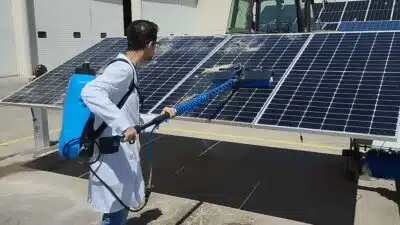
Safety Gear Essentials
Safety gear is crucial when troubleshooting solar systems. Gloves protect hands from electrical currents. Goggles shield eyes from debris or chemicals. Wear sturdy shoes to prevent slips or falls. A helmet provides head protection during maintenance activities. Ensure all gear fits well for comfort and effectiveness.
Inspecting Solar Panels
Identify common solar panel issues in Ghana to ensure optimal performance. Dust accumulation, wiring problems, and shading can affect efficiency. Regular inspections help maintain energy output.
Inspecting solar panels is crucial for maintaining their efficiency. In Ghana, solar power is a reliable energy source. Regular inspection prevents common problems. Ensuring panels function optimally maximizes energy output.
Checking For Physical Damage
Begin by examining the panels for cracks. Cracks can affect energy production. Look for any visible signs of damage. Check the mounting system. Loose panels can cause inefficiency. Secure all connections firmly. Inspect the wiring for wear. Damaged wires can lead to power loss.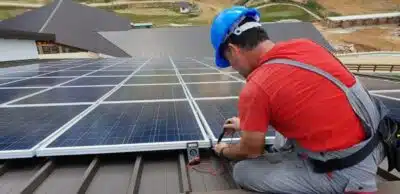
Assessing Dirt And Debris Buildup
Dirty panels reduce sunlight absorption. Clean the surface regularly. Use a soft brush or cloth. Avoid harsh chemicals. Rinse with water to remove grime. Check for bird droppings. These can block sunlight. Remove leaves and twigs promptly. Keep the panels clear for optimal performance.
Evaluating Shading Impact
Shading affects panel output. Identify nearby structures or trees. Trim branches that cast shadows. Ensure panels receive full sunlight. Monitor the sun’s path. Adjust panel angles if needed. Consider relocating panels for better exposure. Shading can significantly impact efficiency.
Testing Inverter Functionality
Testing inverter functionality helps identify common solar system issues in Ghana. Inspect connections and settings for irregularities. Check for faulty wiring or component malfunctions, ensuring optimal performance.
Testing the inverter functionality of your solar system is crucial to ensure optimal performance, especially in Ghana where sunlight is abundant. An inverter is the heart of your solar setup, converting the solar power into usable electricity. If it’s not functioning properly, you might experience power outages or inefficient energy use. If you’ve ever felt frustrated with a stubborn inverter, you’re not alone. Many solar users in Ghana face similar challenges. Let’s dive into practical ways to resolve common inverter issues.
Identifying Error Codes
Error codes are like the inverter’s way of communicating issues. They provide clues to what’s wrong. Most inverters come with a user manual that explains these codes. Always keep this manual handy. When you see an error code, note it down. This information is vital if you need to contact a professional later. Sometimes, a simple reset can clear the code.
Resetting Procedures
Resetting your inverter can solve many minor issues. Start by turning off the inverter and disconnecting it from the power source. Wait for a few minutes. Reconnect the power and turn the inverter back on. This process can often clear temporary glitches. If the problem persists, it might be time to consult an expert.
Professional Repair Options
Sometimes, issues are beyond a quick fix. If resetting doesn’t work, consider professional repair. You may hesitate due to costs, but a skilled technician can prevent bigger problems. Look for certified solar repair services in your area. Ask for recommendations from friends or online reviews. Ensure they have experience with your specific inverter model. Have you ever faced a daunting solar issue? How did you tackle it? Sharing your story could help others. Your solar system is an investment; keeping it in top shape ensures you reap the benefits of clean energy.
Examining Battery Health
Understanding the tools needed for solar system troubleshooting in Ghana can save time and effort. Having the right tools ensures efficient problem-solving and helps maintain your solar system’s performance. Below are essential tools that will aid you in diagnosing common issues effectively.
Voltage And Capacity Checks
Voltage and capacity checks are essential. Check if the battery holds charge effectively. Low voltage can indicate a problem. Use a multimeter to measure voltage levels. Compare readings with manufacturer specifications. Ensure battery capacity matches system needs. Insufficient capacity can reduce system performance.
Identifying Corrosion
Corrosion can damage battery terminals. Inspect terminals for rust or white deposits. Use a wire brush to clean affected areas. Apply anti-corrosion spray to prevent future build-up. Regular inspection helps in early detection. Corrosion can lead to poor electrical connections.
Maintaining Optimal Temperature
Batteries perform best at optimal temperatures. High temperatures can shorten battery life. Ensure good ventilation around batteries. Use insulation to protect from extreme heat. Monitor temperature regularly with a thermometer. Adjust surrounding environment to maintain ideal conditions.
Monitoring Energy Output
Identify common solar system issues in Ghana by monitoring energy output. Check for faulty panels or wiring problems. Ensure optimal performance by addressing these issues promptly.
Monitoring the energy output of your solar system is crucial to ensure its efficiency and longevity, especially in Ghana where sunlight is abundant but sometimes unpredictable. Understanding how much energy your system produces can help you identify potential issues early and make necessary adjustments. You don’t have to be an expert to keep an eye on your solar panels; a bit of knowledge and the right tools can make a big difference.
Using Monitoring Software
Monitoring software is your best friend when it comes to keeping track of your solar system’s performance. Many solar providers offer apps or web-based platforms that display real-time data about energy production. These tools are user-friendly and can alert you to any discrepancies in energy output. Consider the software as a dashboard for your solar system. It gives you a visual representation of how your panels are performing. Most programs will notify you if there’s a sudden drop in energy production, which could indicate a problem like shading or a faulty panel.
Interpreting Data Logs
Data logs are like the diary of your solar system. They record the history of your energy production, helping you spot trends and anomalies. Regularly reviewing these logs can inform you if your system is underperforming. Look for patterns in your data. Is there a consistent drop in output at certain times of the day? This could point to shading issues. If you notice a steady decline over time, it might be a sign of panel degradation.
Adjusting System Settings
Sometimes, minor tweaks in your system settings can significantly improve performance. If your monitoring software suggests your system isn’t operating at its best, it might be time to adjust the inverter settings or check the angle of your panels. Adjusting settings can be as simple as changing the tilt of your panels to better capture sunlight. Or it might involve recalibrating your inverter for optimal performance. Always consult your solar provider or a professional before making significant changes. Monitoring your solar system’s energy output doesn’t have to be overwhelming. With the right tools and a bit of attention, you can ensure your system is working efficiently. Are you making the most of your solar investment? Keep a close eye on your energy output and enjoy the benefits of clean, renewable energy in Ghana.
When To Call A Professional
Solar system troubleshooting in Ghana often reveals issues like low power output or faulty wiring. If basic checks don’t solve the problem, professional help ensures safety and efficiency. Calling experts for complex problems can prevent damage and costly repairs.
When your solar system starts acting up, knowing when to call a professional can be the difference between a minor fix and a major overhaul. While some issues can be handled with a bit of DIY spirit, others require the expertise of a seasoned professional. Let’s explore how to identify those moments when professional help is not just a luxury, but a necessity for your solar setup.
Recognizing Complex Issues
It’s crucial to know the limits of your own troubleshooting skills. If your solar panels are producing less energy than expected despite clear skies, it might be time to consult an expert. Similarly, if you notice unusual noises from your inverter or erratic behavior in your solar battery, these could signal deeper, more complex issues. Professionals have the tools and knowledge to diagnose and address problems that aren’t immediately obvious.
Understanding Warranty Terms
Before attempting any repairs, check your warranty terms. Many solar systems come with warranties that cover certain repairs and replacements. If you’re not familiar with what’s covered, you could inadvertently void your warranty by attempting a fix on your own. A professional can ensure that all work done aligns with your warranty requirements, potentially saving you money and hassle.
Safety Concerns
Safety should always be your top priority. Working with solar panels and electrical components can be dangerous if you’re not properly trained. If you feel unsure about handling electrical connections or if you need to access the roof to inspect panels, it’s safer to call a professional. They are trained to manage these risks safely and effectively. It’s always better to err on the side of caution. Have you ever tried to fix a problem only to realize it’s bigger than you thought? When dealing with your solar system, a professional can offer peace of mind and ensure your system runs smoothly and efficiently.
Preventive Maintenance Tips
Maintaining your solar system ensures efficiency and longevity. Regular preventive care avoids costly repairs and energy loss. In Ghana, solar panels face unique challenges due to weather and dust. Following these preventive maintenance tips keeps your system running smoothly.
Regular Cleaning Schedule
Dust and dirt accumulate on solar panels. This reduces energy output significantly. Set a monthly cleaning schedule. Use soft brushes and water to clean panels. Avoid harsh chemicals. A clean panel absorbs sunlight better. This increases energy efficiency.
Seasonal System Checks
Seasons in Ghana bring different weather conditions. Check your solar system quarterly. Look for signs of wear or damage. Inspect wiring and connections for corrosion. Make sure panels are not blocked by new plant growth. Seasonal checks prevent minor issues from becoming major problems.
Component Replacement Timing
Every solar system has parts that wear out over time. Monitor the lifespan of components like batteries and inverters. Replace them before they fail. Check manufacturer guidelines for replacement schedules. Timely replacement avoids unexpected downtime.
Local Resources In Ghana
Experiencing issues with your solar system in Ghana can be frustrating, but fortunately, there are local resources to help with solar system troubleshooting in Ghana and resolve these problems. Leveraging local expertise and support can make the process smoother and more efficient. Let’s explore how you can tap into these resources effectively..
Finding Qualified Technicians
It’s crucial to find the right technician when your solar system needs a check-up. Ghana has a growing number of skilled solar technicians thanks to vocational training centers across the country. Look for technicians who are certified and have a solid track record. Ask around in your community or search online reviews to ensure you’re getting the best help. Remember, a well-trained technician not only solves problems but also prevents future issues.
Sourcing Replacement Parts
Finding replacement parts for your solar system might seem daunting, but it’s simpler than you think. Local suppliers in Accra and Kumasi offer a range of parts, from panels to inverters. Always buy from reputable suppliers to ensure quality and compatibility with your existing system. You might even find suppliers who offer discounts for bulk purchases, which can save you money in the long run.
Government Support Programs
Did you know that the Ghanaian government offers support programs for solar energy users? These programs can provide financial assistance or incentives for maintenance and upgrades. Keep an eye out for announcements from the Ministry of Energy about new initiatives. Getting involved in these programs can significantly reduce your costs and enhance your solar experience. Have you checked what support you might be eligible for?
By tapping into these local resources, you can keep your solar system running smoothly and efficiently. Whether it’s finding a qualified technician, sourcing the right parts, or leveraging government support, taking proactive steps ensures your investment in solar energy pays off. Are you ready to make the most of your solar system in Ghana?
Frequently Asked Questions
How Do I Identify Solar Panel Issues?
Check for visible damage, dirt, or shading on panels. Inspect wiring and connections for corrosion or loose ends. Use a multimeter to measure voltage output, ensuring it matches expected values. Regular maintenance and cleaning can prevent many issues. Consult a professional for persistent problems.
Why Is My Solar Inverter Not Working?
Check the inverter display for error codes or messages. Ensure all cables are securely connected and the inverter is receiving power. Verify that the system settings are correct. If the issue persists, contact the manufacturer or a solar technician for assistance.
What Causes Reduced Solar System Efficiency?
Efficiency drops can be due to dirty panels, shading, or faulty components. Regular cleaning and inspection can help. Check panel alignment and angle for optimal sun exposure. Monitor system performance and address any unusual changes promptly to maintain efficiency.
How Can I Fix Solar Battery Problems?
Inspect battery terminals for corrosion or loose connections. Ensure the battery is charged properly and check for physical damage. Follow manufacturer’s maintenance guidelines. If the battery still underperforms, consider professional testing or replacement for optimal system performance.
Conclusion
Solar system troubleshooting in Ghana can be straightforward. Identify common issues first. Check panels, inverters, and wiring. Ensure regular maintenance and cleaning. Seek professional help for complex problems. Local experts understand Ghana’s specific conditions. Regular checks prevent long-term damage. Save money and ensure efficiency..
Solar energy remains reliable and sustainable. Keep your system in good shape. Enjoy uninterrupted power supply. Empower your home with clean energy. Stay proactive for best results.








